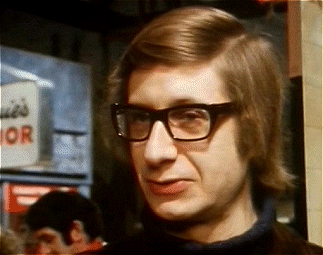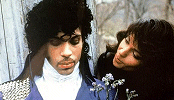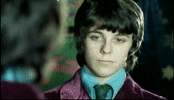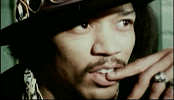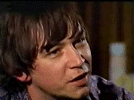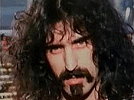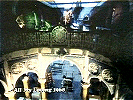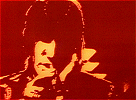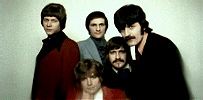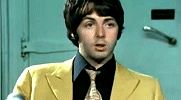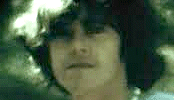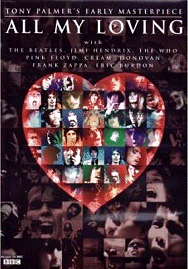This groundbreaking
BBC documentary was issued on DVD for the first time on 18th September 2007
to celebrate the 40th anniversary of what was a most unique insight into
the British rock music world of 1967. Originally screened by BBC1 in their
‘Omnibus’ series on 3rd November 1968, it features the British debut appearance
of Pink Floyd, Jimi Hendrix, Cream and Frank Zappa and led to Paul McCartney
sending a telegram to director Tony Palmer: “This is just great: absolutely
what we meant". In addition to the 52 minute film, the DVD extra features
a forty minute interview with Tony Palmer in which he discusses the origins
and making of the documentary. Palmer first met John Lennon in 1963 when,
as a student at Cambridge University, he covered a Beatles press conference
for ‘A Hard Day’s Night’ and didn’t ask any questions, which came to the
attention of John, who asked him why and he replied, “because this is silly
stuff". John admired his cheeky reply and a friendship was born. John
gave him his home number and suggested he call him when he finished University.
Several years later, Lennon was frustrated that so many of rock’s greatest
talents couldn’t get on British television. “He twisted my arm to do something
about it” says Palmer. “He gave me a list of groups and said, ‘I’ll make
the introductions, you make the film". He added, "It was John Lennon's
idea - the film. He said to me: 'you've got to do something to get these
guys exposure on television. They're hammering at the door, except that
the guys on the inside are deaf, and probably dumb and blind as well’. So
I did, and ‘All My Loving’ was the result. Even using the title was his
suggestion. It caused a hell of a stir, but then I suspect he knew it would.
Working so closely with Hendrix, Cream, The Who and Frank Zappa, all of
whom had been denied an airing on television until I came along, was a revelation
- first for me, but more importantly for the mass television public for
whom 'pop music' was just bubblegum and not to be taken seriously. Suddenly,
the mass public was forced to rethink its prejudices, because here was a
group of musicians whose musical skill was undeniable, and whose 'message'
simply could not be ignored".
An example of the attitude of TV moguls to rock music is one Tony recalls:
“My previous film had been on the Bell Telephone Hour, which was on NBC.
They received a copy of this film and a letter came back saying, ‘We see
that Hendrix is very interesting, but can you take out all that stuff with
the guitar?'. Juxtaposed among some of the images were scenes of burning
Buddhists, napalmed Japanese soldiers and executed Viet Cong, which some
critics found quite gratuitous when screened to the sounds of pop music.
The opening scene features Eric Clapton leading Cream through a blistering
version of ‘I’m So Glad’ and this is interspersed with shots of a man engulfed
in flames and scenes from a White Power rally. Other similar messages set
the tone, with police clashing with Hippies in the streets and Pete Townshend
destroying his guitar during a performance of ‘My Generation'.
|
|
